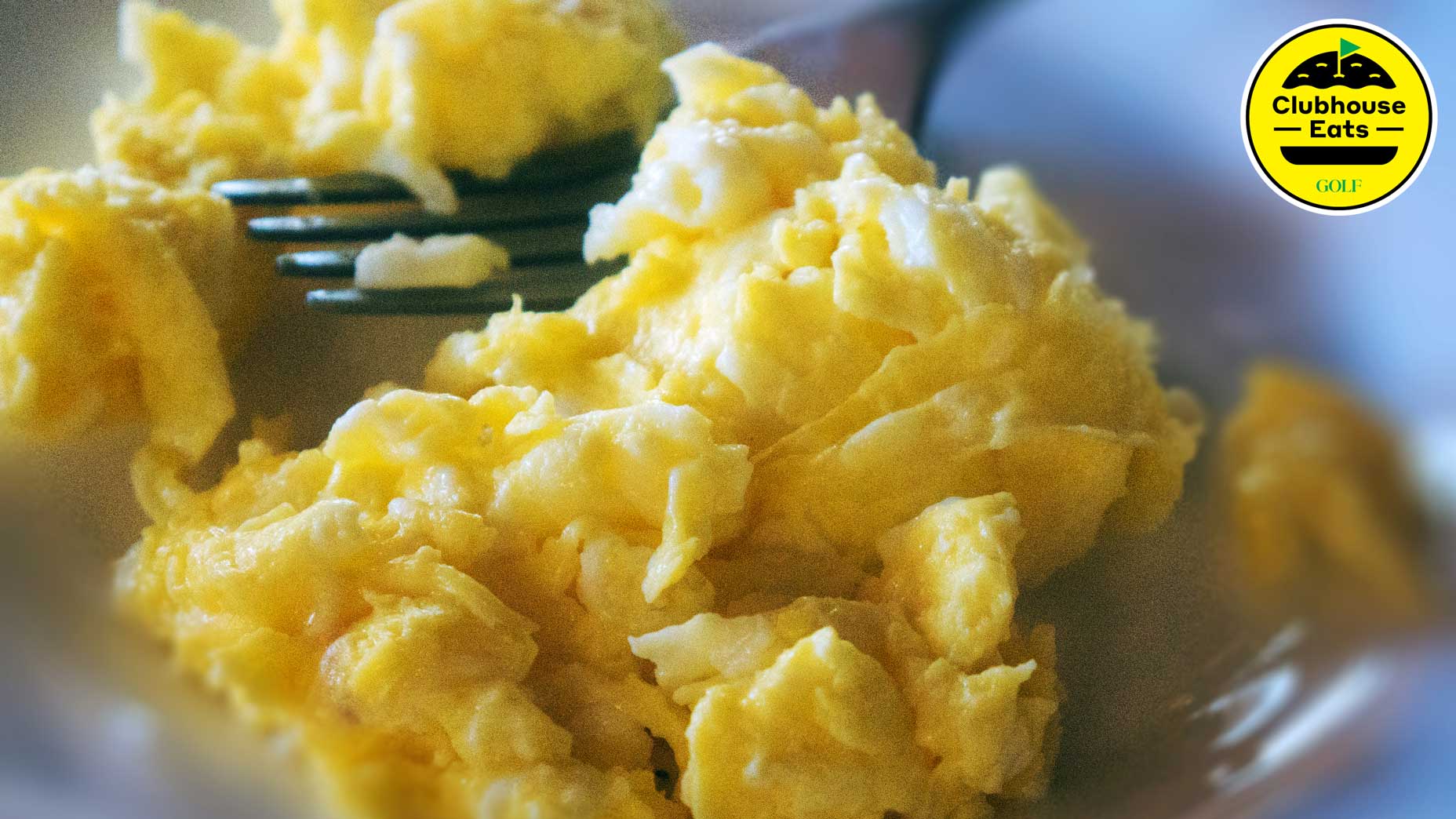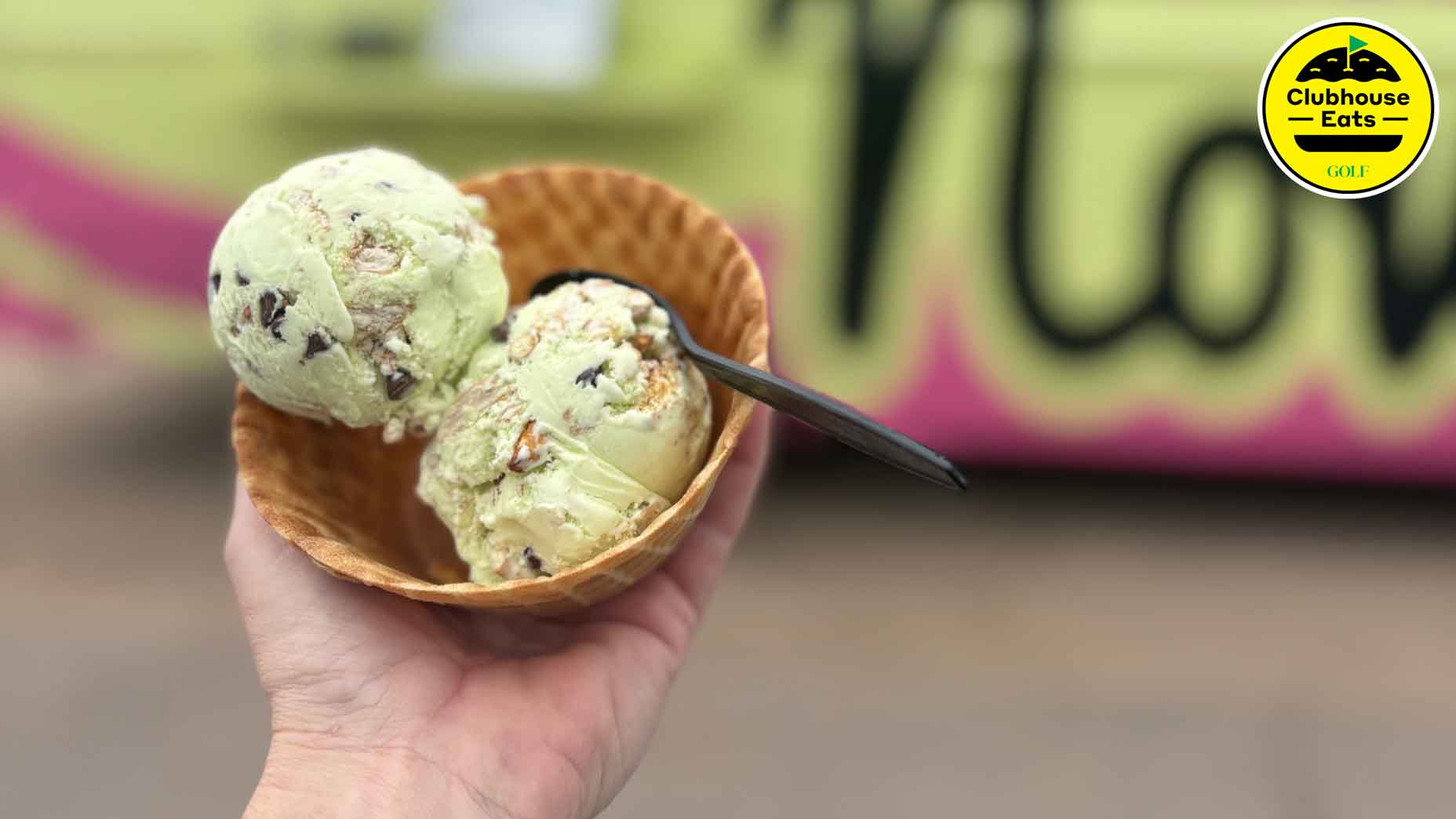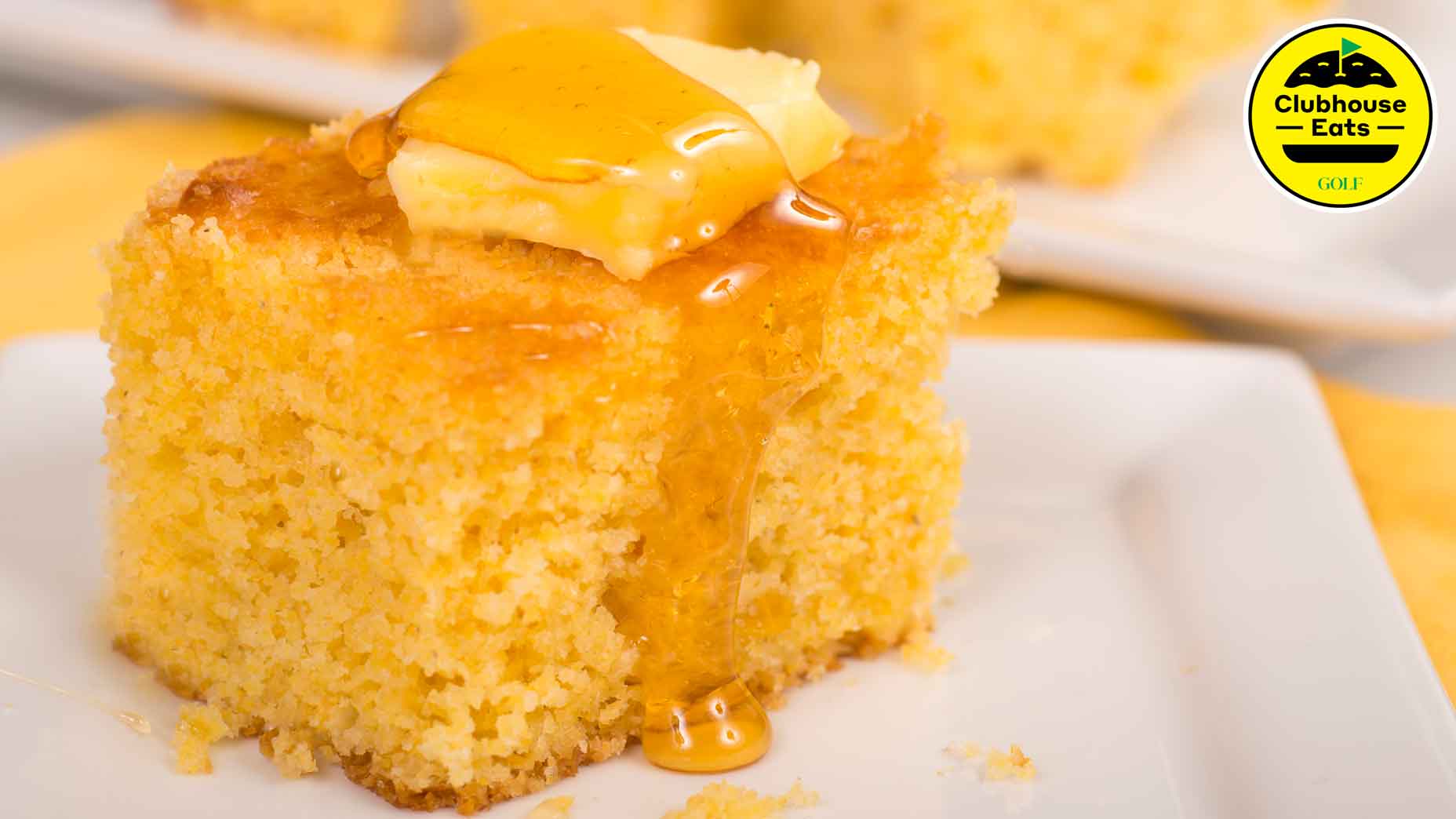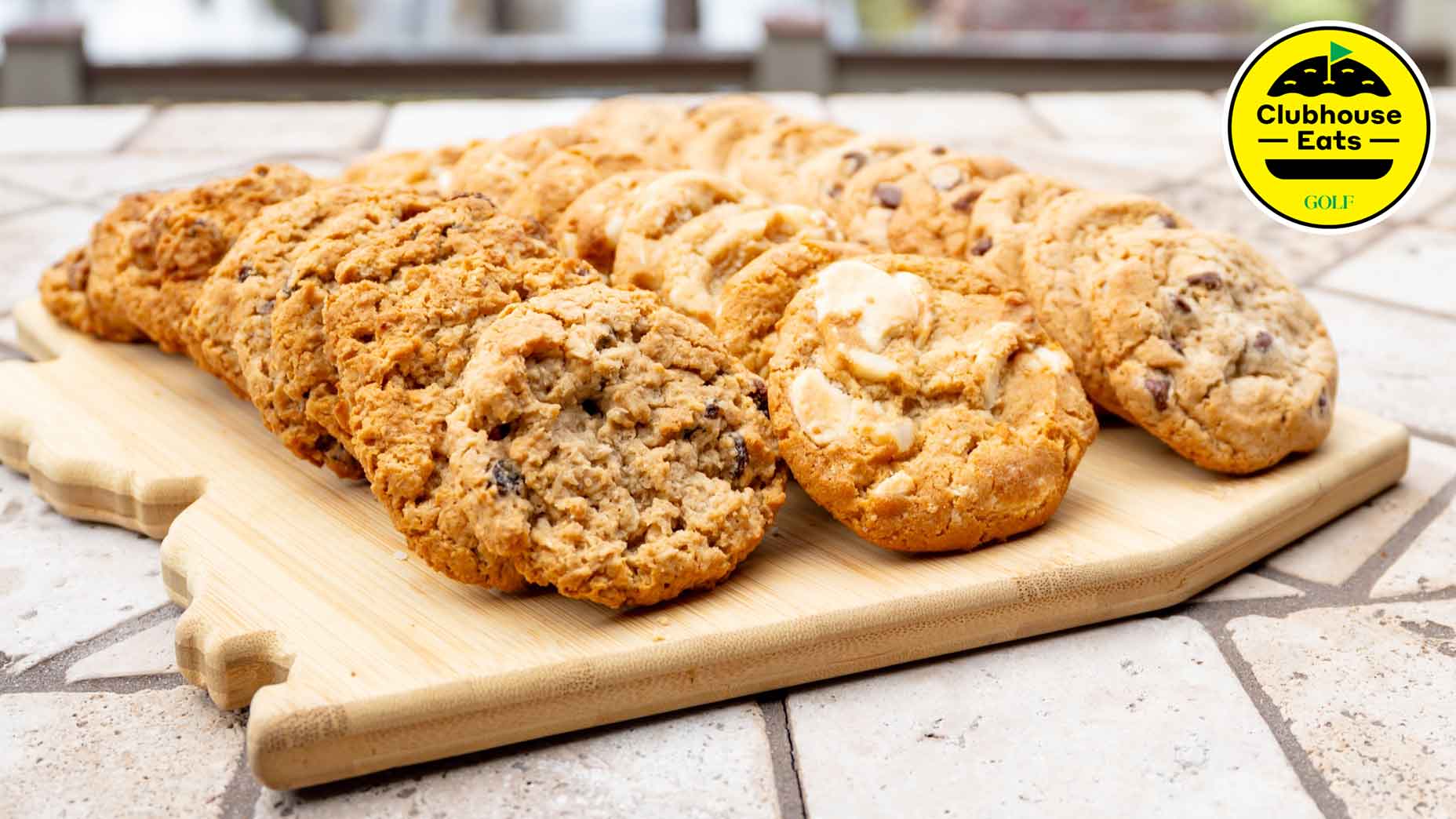Welcome to Clubhouse Eats, where we celebrate the game’s most delectable food and drink. Hope you brought your appetites.
**
What’s the best way to scramble? No, not on the course.
We’re talking scrambled eggs, a sublimely simple dish when made correctly, which is the catch.
Garret Martindale is the former longtime head chef at Sequoyah Country Club, in Oakland, Calif.
Here are his top 5 scrambling tips.
Cracking, the Code
It’s tempting (and common) to use the sharp edge of a table or bowl. Bad idea, as it pushes the shell into the egg. Instead, crack the egg on its flattest side on a hard, flat surface. “This aids in keeping the egg’s membrane from breaking.” Martindale suggests using two bowls. The first is for safety. The second is for transfer. Break the eggs one at a time and pick out any shells (this is easier to do with just one egg in the bowl) before transferring into the second bowl.
A Good Beat
The secret to making perfect bacon, according to a golf-club chefBy: Josh Sens
Beating or whisking just prior to cooking helps trap air in the eggs, which leads to lighter, fluffier results. About 30 to 60 seconds should do the trick. You want to break up the proteins to the point where the whites and yellows are incorporated. But take care not to over-whisk, or, Martindale says, the eggs will become “watery, grainy and even go flat.” Salt and season the eggs after they are whisked, not before.
The Skinny On Fat
For depth of flavor, Martindale likes to cook his eggs in duck fat, bacon fat, schmaltz (that’s chicken fat) or clarified butter. But the choice comes down mostly to personal preference. Whatever fat you use, Martindale suggests adding it to a cold, non-stick pan over low eat. You want the pan to be hot before you add the eggs (that heat creates steam, which is key to fluffiness) but not so hot that the scramble cooks too quickly.
Low and Slow
Like a good takeaway, scrambled eggs should not be rushed. Never crank the stovetop heat over medium, Martindale says. “Properly cooked eggs take time.” At least 8 to 10 minutes for soft-scrambled eggs, keeping in mind that the eggs will keep cooking after you remove the pan from the burner. The key, Martindale is to keep the heat low and consistent, moving the eggs on and off the burner while stirring the entire time. “The eggs should come together slowly without any color,” Martindale says. “If you see brown edges, you cooked the eggs too quickly.”
Serve Immediately
Cold scrambled eggs. That doesn’t sound good. Doesn’t taste great, either. Re-heated scrambled eggs aren’t much better. Having worked patiently to cook the perfect dish, serve it right away so your effort doesn’t go to waste.











